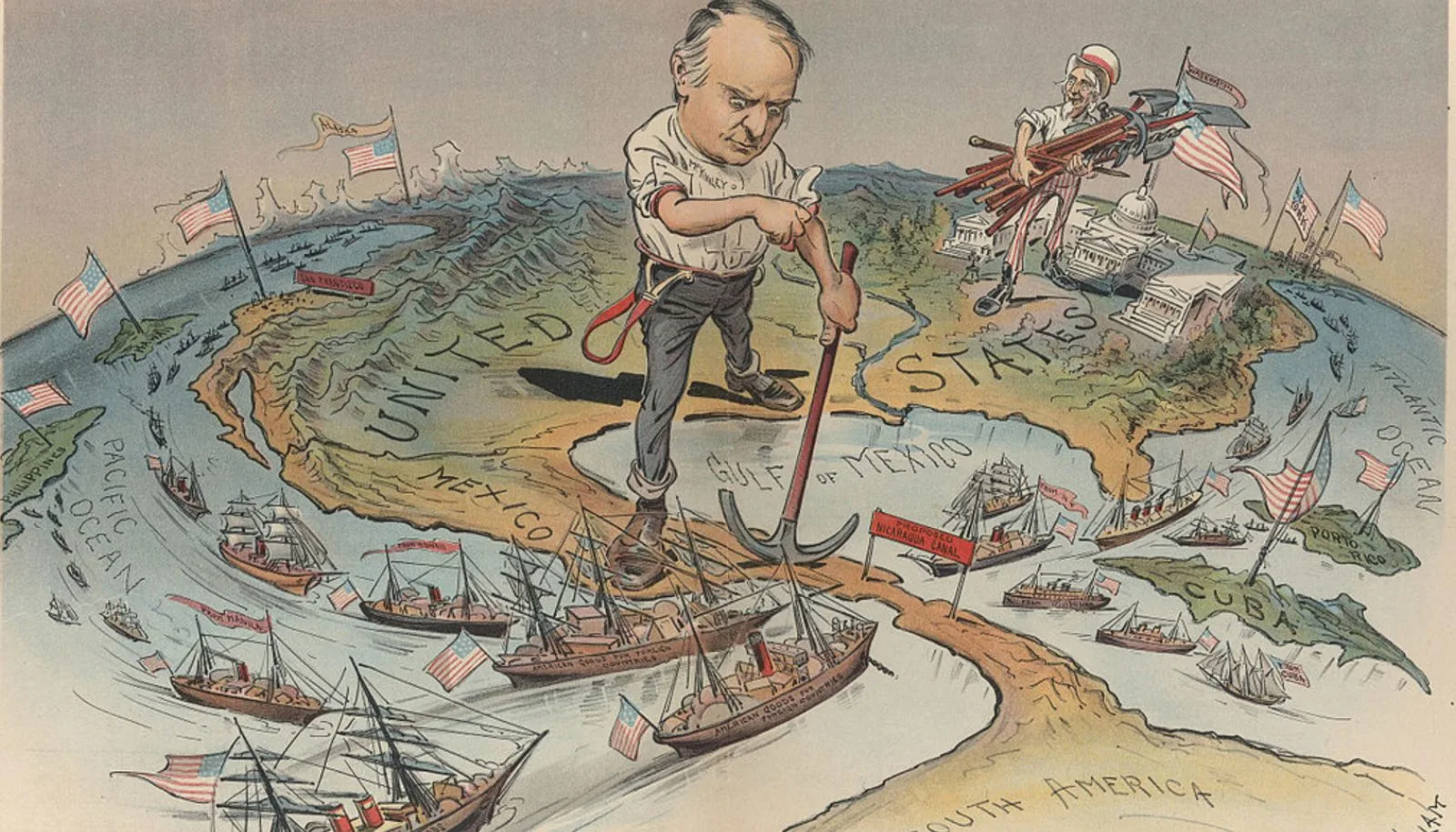Recently, scholars and experts discussed the Monroe Doctrine’s lasting impact on US foreign policy and Latin America.
They explored challenges from US interventions, interference, and coercive tactics. A seminar at the North American Research Center, UNAM, delved into this topic.
It showed that the Doctrine’s core idea persists despite different US administrations’ approaches.
The Doctrine, established in 1823, was meant to guide US policy, declaring outside interventions in the Americas as hostile acts requiring US response.
Mexican political scientist and internationalist José Luis Valdés criticized the US for applying this policy selectively, often bypassing Latin American nations’ opinions.
He urged local governments to develop clear, transparent, and effective strategies to enhance sovereignty and prevent US meddling.

Brazilian historian Marcos Cordeiro introduced “Monroe Doctrine 2.0,” aimed at limiting Latin America’s ties with China.
He noted the difficulty in separating China from Latin America due to strong trade relationships, differing from past Western pressures.
Yadira Gálvez, a political scientist and internationalist, emphasized the Doctrine’s ongoing relevance. She called for Latin America to assert its interest in cooperation efforts.
Juan Carlos Barrón, a researcher at CISAN, noted the current Doctrine focus on countering China, pointing out media tactics that downplay China’s global contributions.
The seminar highlighted a documentary by Xinhua News Agency, discussing the Doctrine’s impact and the US’s historical attempt to dominate Latin America against perceived threats.
This discussion underscores the need for Latin America to navigate carefully in asserting its interests and sovereignty in the face of external pressures, especially from powerful nations like the US.

